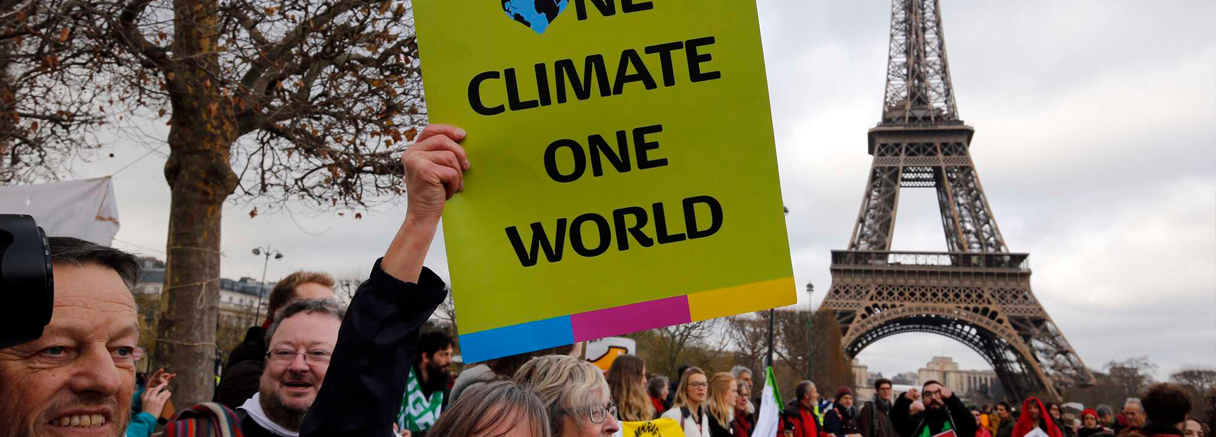COP28: The Gobal Stocktake – what is it and why is it important?

In 2015, countries pledged to accelerate actions to reduce carbon emissions and adapt to climate change. The GST creates a platform for countries to track their collective efforts, identify gaps, and adjust strategies to accelerate climate action.
The first GST, which will conclude during COP28, occurs at a pivotal moment when the world urgently needs to intensify climate action to avert the severe consequences of climate change. This assessment will provide critical guidance for countries as they update their emissions reduction targets by 2025.
The outcomes of the GST will inform decisions made at COP28. This, in turn, will shape forthcoming climate action plans (Nationally Determined Contributions - NDCs) due in 2025, ultimately directing global climate policies.
The stocktake advocates for a systems transformation that embraces a whole-society, whole-economy approach, integrating climate resilience and low-emission development strategies. It also highlights the widening gap between the climate action needs of developing countries and the support they receive. It calls for unlocking and reallocating trillions of dollars towards climate action and climate-resilient development.
The Countries Falling Short
Despite inspiring near-universal climate action and catalysing cooperative efforts, the implementation of the Paris Agreement falls short of expectations. A synthesis report tabled in September revealed significant mitigation and adaptation gaps. Current global emissions trajectories are incompatible with limiting global warming to 1.5°C, and adaptation measures are inadequate. The report also noted significant gaps in addressing loss and damage.
It advised that meeting existing pledges would lead to 2.4-2.6°C warming, emphasising the need to "scale up renewable energy while phasing out all unabated fossil fuels" to achieve net-zero emissions.
Why Is The GST Critical?
Gap Identification: Nations use the GST to pinpoint shortcomings and implement corrective measures in climate action.
Ambition Boost: Encourages countries to enhance climate pledges, promoting more ambitious actions.
Transparency and Accountability: Ensure accountability for commitments under the Paris Agreement, fostering transparency.
Consensus Building: Facilitates international dialogue, encouraging collaboration against climate change.
The GST Process
The process of GST involves nations submitting reports on their progress towards achieving the goals outlined in the Paris Agreement. Experts then review these reports, and a synthesis report is compiled. The findings of the report emphasise important takeaways and areas for improvement. The report is presented at a COP meeting, which sparks negotiations. The decisions made at the COP meeting may result in new commitments, reinforced cooperation, or increased public pressure for climate action.
Challenges
GST faces challenges in standardising measurement methods for progress assessment, distributing financial responsibilities equitably, and balancing individual country priorities with collective climate goals.